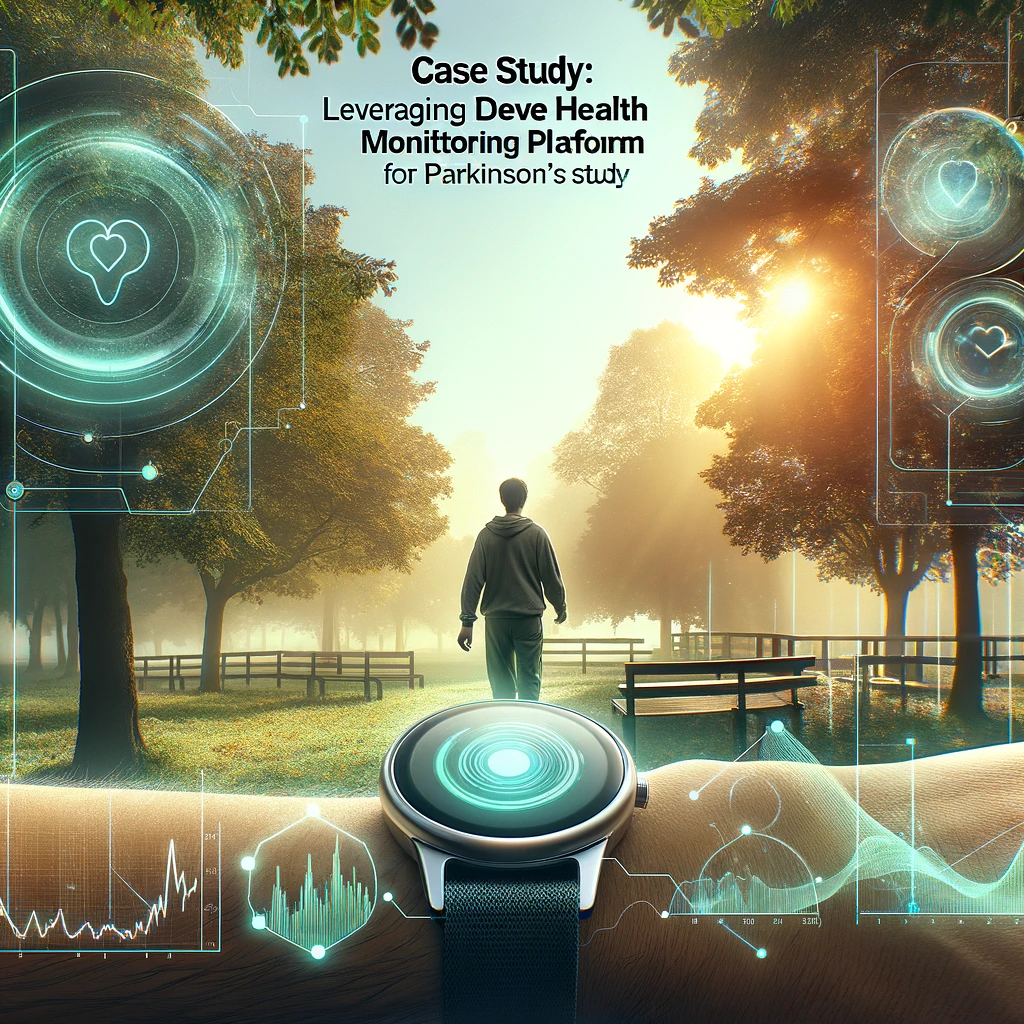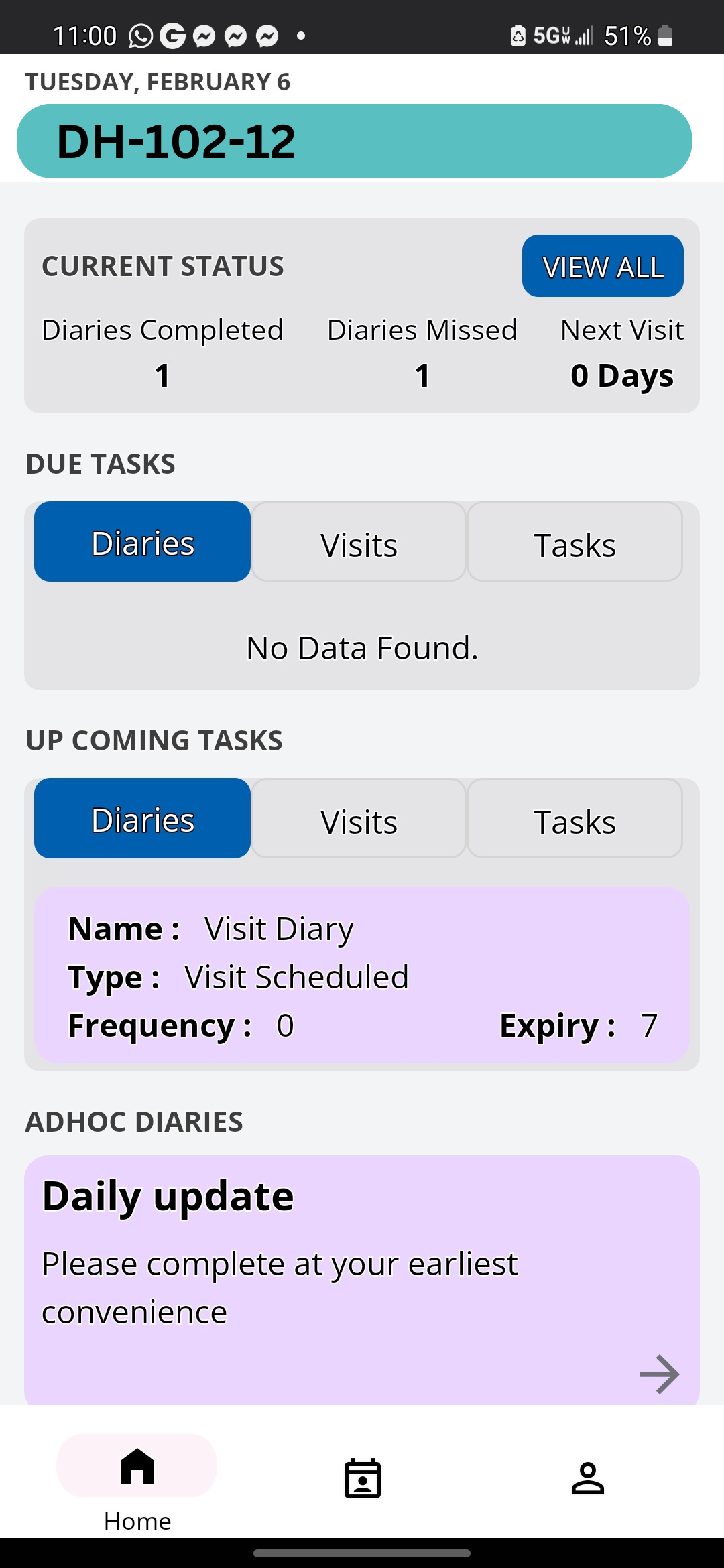Most of us agree that a clinical trial’s success depends heavily on patient engagement. The importance of design patient-centric studies cannot be understated. Engaged patients make for successfully completed studies—with better quality data and more accurate results in general.
SMS and other messaging apps seamlessly integrate into clinical trials, increasing patient compliance and patient retention—the automation increases efficiency and saves study teams time, while also reducing costs for sites/sponsors overall.
Take advantage of one of the most utilized features on a mobile device with Clinical StudyPal’s solutions. For example, here are seven (7) ways to use automated SMS/messaging to increase clinical trial patient engagement:
Related articles

Delve Health’s Wearable-as-a-Service: Revolutionize Your Clinical Trials
Enabling wearable as a service for clinical trials to reduce costs and improve real world evidence creation.


Case Study: Leveraging Delve Health Platform for Parkinson’s Study with Wearables Monitoring Dyskinesia


Digital Endpoints and Patient Outcomes in Clinical Trials: Understanding the Differences and Similarities


The Importance of Patient Engagement in Clinical Trials and Innovative Strategies for Enhancement


































